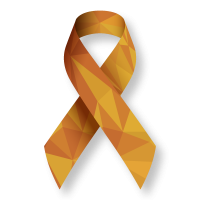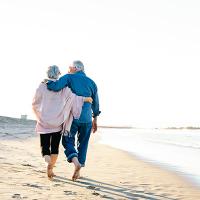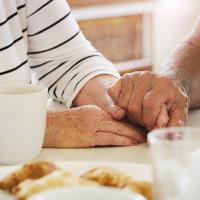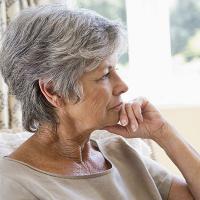Sorry, the page you are looking for might have been removed, had its name changed, or is temporarily unavailable.
Please try the following:
- Check your spelling of the URL;
- Return to the home page;
- Click the Back button, or
- Search our site
Last Updated: 02 Aug 2024 12:56 pm
Browse Our Latest Blog Articles
-

Talk to your doctor
Are you alarmed about blood in your urine? Worried about bladder cancer? Here are some questions you can ask your doctor.
Get the questions here -

Get Cxbladder
Contact us by phone or email, or fill out an online form and a Cxbladder representative will get back to you.
Complete an information request form today






